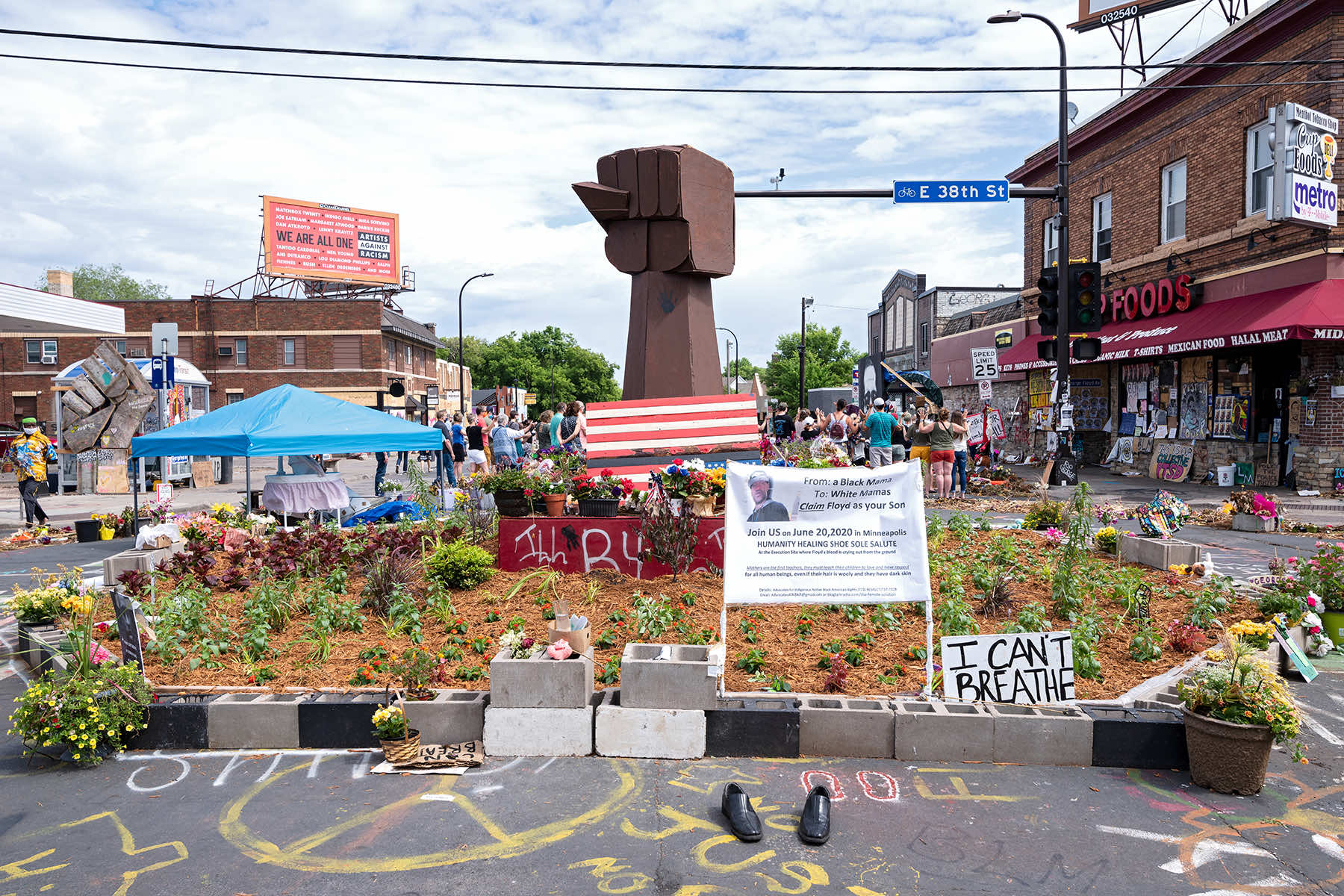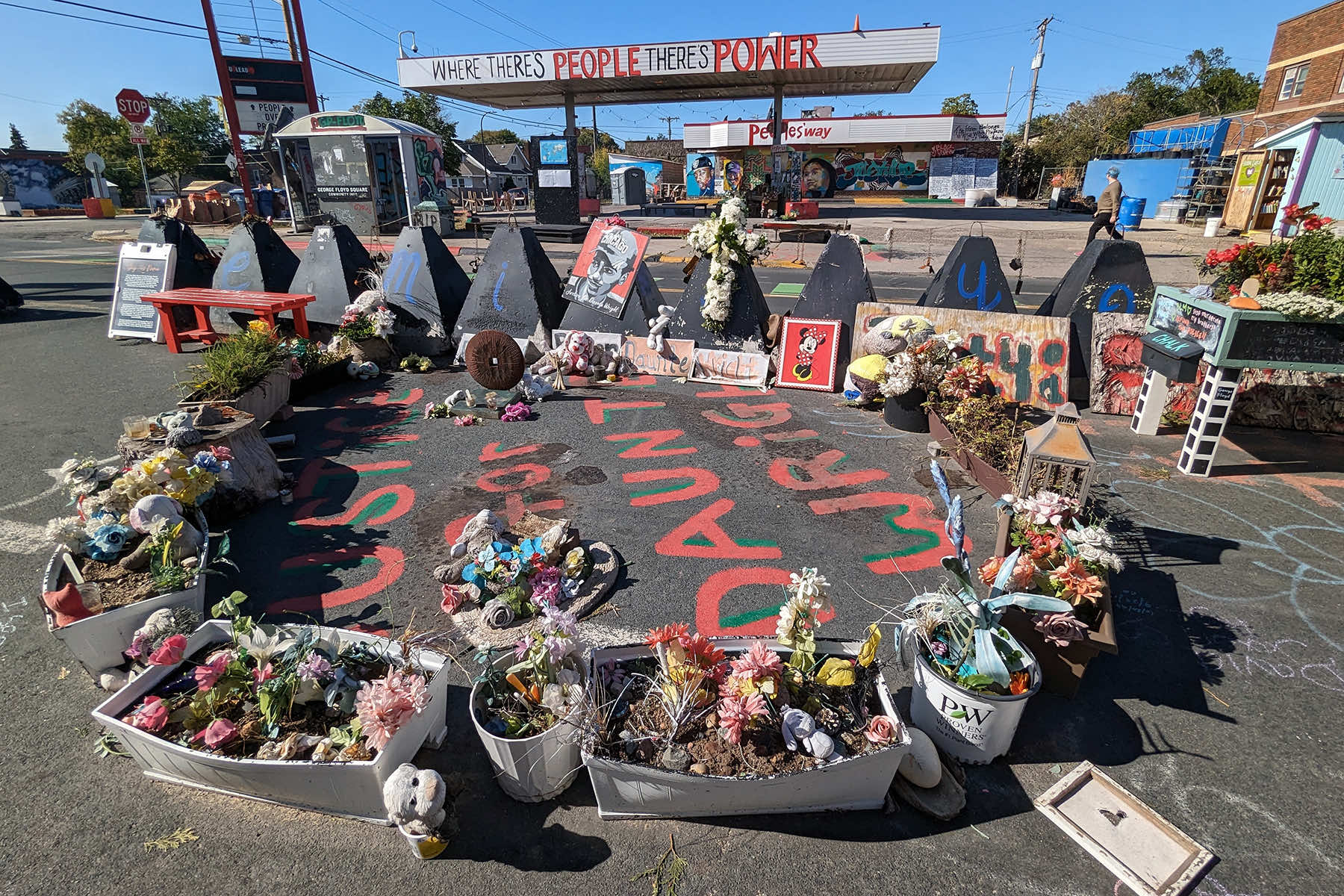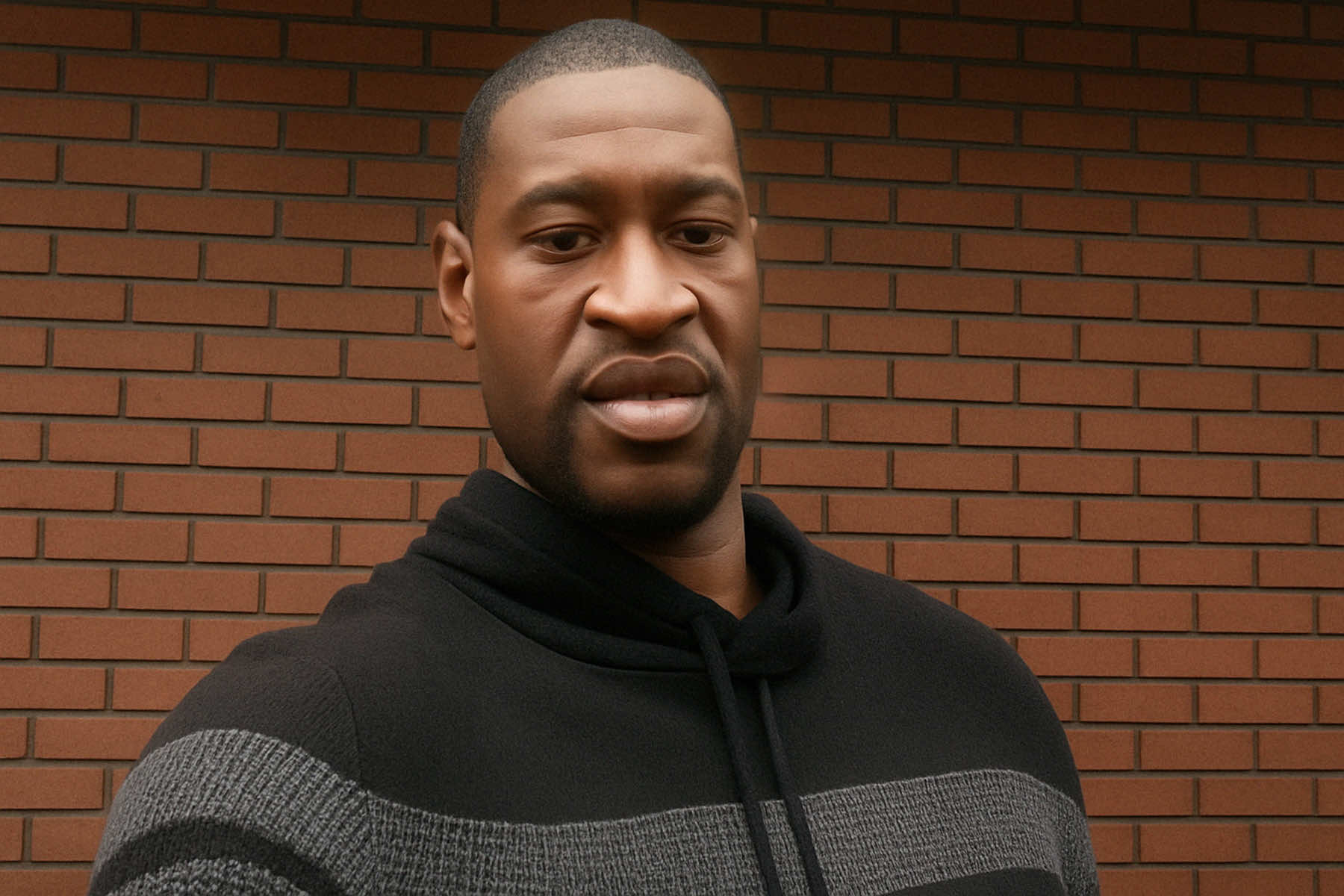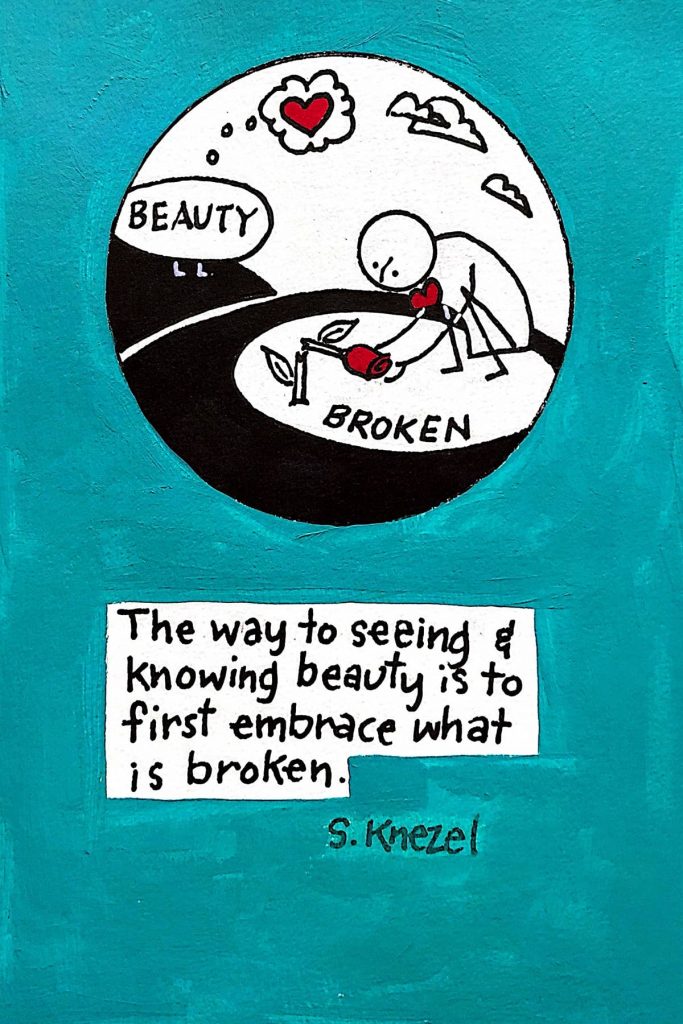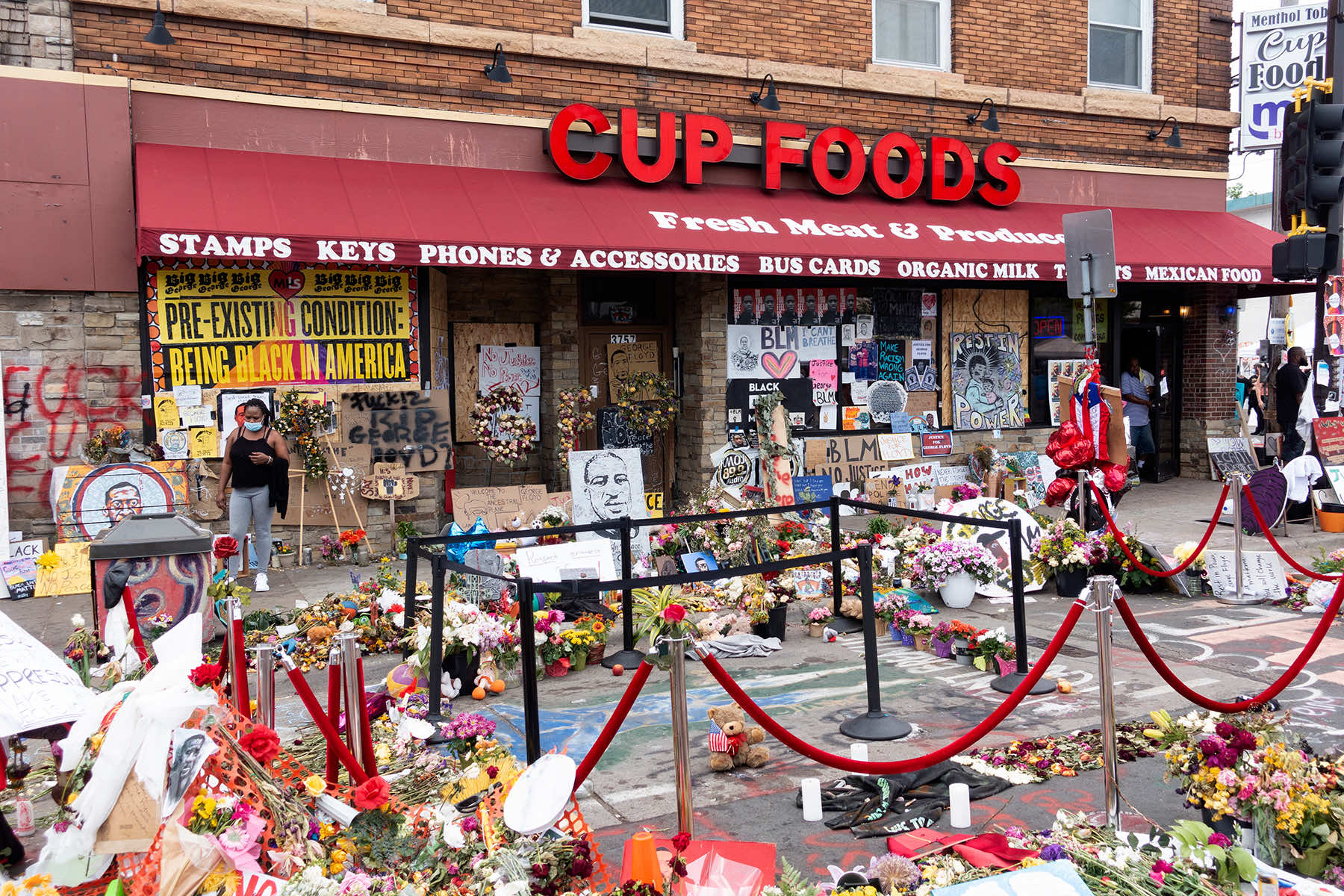
Five years after the killing of George Floyd ignited a nationwide reckoning on race, the civil rights landscape in America has shifted not toward justice, but toward retraction.
What began in 2020 as a global cry for systemic reform has, by 2025, become a cautionary tale of how White backlash and authoritarian politics have dismantled hard-fought gains, drawing a chilling parallel to the racial backlash that followed the civil rights victories of the 1960s.
Floyd’s death beneath the knee of a Minneapolis police officer sparked a movement of historic scale. Millions marched across cities and small towns alike, demanding accountability, police reform, and a broader societal confrontation with systemic racism.
For a brief moment, it appeared that a national consensus was emerging. One that finally acknowledged the structural nature of racial injustice and called for transformational change. But that window slammed shut almost as quickly as it opened.
The surge of Trump-era politics, accelerated by Donald Trump’s lies over his 2020 election loss and a bid for reelection in 2024, promoted the subsequent consolidation of power by hard-right elements in government.
That toxic movement not merely stalled the progress of applying justice, but it has actively reversed it. State legislatures, emboldened by federal inaction and often backed by Trump-aligned officials, have passed a wave of laws targeting everything from voting rights to educational curricula.
Civil rights experts describe the current moment not as a period of stagnation, but of organized regression. It is a backlash rooted in White grievance, cultural paranoia, and political opportunism.
The dynamic is not new. The 1960s civil rights movement, too, was followed by a fierce countercurrent. After the Civil Rights Act of 1964 and the Voting Rights Act of 1965, the United States saw the rise of “law and order” rhetoric, a political strategy designed to undermine the legitimacy of Black activism and redirect white anxiety toward demands for increased policing.
That rhetoric formed the bedrock of Richard Nixon’s Southern Strategy, which began shifting the Republican Party toward the racial politics that now define the Trump era. Today’s “anti-woke” crusade is a direct descendant of that strategy.
Where once civil rights protesters were branded as dangerous agitators, now educators, diversity advocates, and even corporations face threats for acknowledging racial inequity. Bans on diversity programs in schools and universities, restrictions on how history can be taught, and the dismantling of affirmative action policies have become hallmarks of Republican-controlled states.
Civil rights veterans and historians note that while the tactics have evolved, the ideological engine remains the same: sowing White fear to consolidate political power.
The connection is stark in places like Florida, where the state has banned certain racial justice texts from classrooms and terminated university programs centered on inclusion. These moves echo the resistance of White segregationists in the 1950s and 1960s who fought against desegregation and educational equity under the guise of protecting traditional values.
The killing of George Floyd once seemed poised to serve as a national turning point. But rather than enshrining new protections or confronting institutional racism, America has entered a phase more reminiscent of backlash politics than justice reform.
The post-2020 trajectory increasingly mirrors the post-1968 era, when the assassination of Martin Luther King Jr. prompted nationwide mourning but failed to translate into long-term policy change. That decade closed with a shift toward punitive policies and a retreat from the social vision King articulated.
In 2025, the targets may be different, but the objectives are eerily familiar: to delegitimize minority voices and erase historical truth.
Political leaders aligned with the MAGA movement have embraced a similarly reactionary path. Promises of “restoring order” and “protecting the American way of life” have become rallying cries, often paired with aggressive campaigns to criminalize protest, silence dissent, and marginalize vulnerable communities.
This rollback is not occurring in a vacuum. It has been facilitated by coordinated national efforts, well-funded media campaigns, and judicial decisions that have dismantled key pillars of civil rights law.
The Supreme Court’s gutting of the Voting Rights Act in recent years has cleared the way for voter suppression efforts that disproportionately target Black and brown voters. Meanwhile, the federal government under Trump’s second term has offered no challenge to these trends, instead endorsing them through executive action and DOJ policy shifts.
Even federal civil rights enforcement has been weakened. Department of Justice oversight of police departments, once a cornerstone of post-Ferguson reform, has largely been abandoned. High-profile cases of police violence continue to go unpunished, and there is little indication of systemic accountability.
Instead of reform, the federal focus has shifted toward expanding law enforcement powers and limiting the reach of civil rights investigations. The rapid shift from reform to regression exposes a deeper truth: that America’s racial progress is always conditional, always vulnerable to reversal when White political dominance feels threatened.
And just as in the past, the current backlash has been framed not as racism, but as patriotism. It is a false defense of history, tradition, and identity.
At the heart of this reversal is a fundamental shift in public sentiment — not among the communities demanding justice, but among White Americans who once briefly expressed solidarity. Polling trends from 2020 to 2025 reveal a marked decline in support for the Black Lives Matter movement, as well as reduced concern about police violence and racial inequality. In the absence of meaningful reform, the narrative was seized by political actors eager to recast civil rights demands as dangerous overreach, stoking fears of cultural erasure and disorder.
The erosion of public will mirrors the backlash that followed the civil rights gains of the 1960s, when widespread White fatigue gave way to accusations of “reverse racism” and calls for a return to “colorblind” policy. It was a framework designed not to address inequity, but to obscure it. Trump’s political machine has weaponized the same rhetoric with precision, pushing policies that claim to be race-neutral while functionally reinforcing racial hierarchies.
That playbook has expanded. Police budgets have ballooned, not shrunk. Surveillance powers have grown. Prosecutors aligned with Trumpist ideologies have prioritized so-called “anti-woke” enforcement strategies by cracking down on school boards, targeting library materials, and empowering state oversight of local protests.
The legacy of George Floyd has not disappeared. It has been deliberately recast as a threat. Even the movement’s cultural impact has been sanitized. Corporations that once declared support for racial equity have quietly pulled back, fearing political backlash and boycotts.
Former slogans about justice and inclusion have been replaced with vague commitments to “unity” or “community values,” avoiding any acknowledgment of the structural violence that sparked the protests to begin with. Across sectors like education, business, and media, there is a retreat from racial language altogether.
Meanwhile, Trump’s new regime has repurposed the machinery of government to further entrench these reversals. Federal contracts have been stripped of equity requirements. Diversity-based hiring programs have been frozen or dismantled.
Agencies once tasked with protecting marginalized communities have been repurposed to monitor “domestic threats,” a label that increasingly targets left-leaning activists, journalists, and immigrant communities. Civil rights are not only under threat; they are being systematically dismantled.
This transformation is not the result of public consensus, but of a highly effective campaign to manufacture consent through fear. In Trump’s second term, the use of state power to suppress dissent has become normalized, from the prosecution of protest organizers to the expansion of counterterrorism tools aimed inward.
The state apparatus that once surveilled Black radicals during the 1960s has found new targets in the form of digital surveillance, predictive policing, and enhanced criminal penalties. The parallels to Martin Luther King Jr.’s era are not symbolic, they are structural.
King’s final years were defined not by celebration, but by condemnation. His calls for economic justice, anti-war activism, and systemic change were met with government surveillance, media attacks, and political abandonment. The very institutions that later honored his legacy played a role in undermining his efforts.
In the same way, the legacy of Floyd has been rebranded to strip it of its political demands. Cities rushed to paint murals and rename streets but failed to pass meaningful police reforms. Legislative proposals languished in Congress. By 2025, few politicians invoke Floyd’s name, and those who do often sanitize the memory, erasing the uprisings and urgency that followed his death.
Instead of transformation, America has entered a second Reconstruction-era backlash, a period where modest progress is met with sweeping retaliation. The rollback of civil rights is not simply a reaction to George Floyd or Black Lives Matter, but to the very idea that America might live up to its promise of equality. Trumpism thrives not in spite of that vision, but in direct opposition to it.
In some communities, grassroots organizing continues. Local leaders still fight to defend access to the ballot, preserve accurate historical education, and provide mutual aid in the face of state neglect. But without federal protection, and under the weight of escalating repression, the road ahead mirrors the struggles faced by civil rights activists in the wake of King’s death: organizing under siege, progress defined by survival rather than victory.
Floyd’s murder revealed the depth of America’s racial wounds. Five years later, it has also revealed the limits of symbolic progress. As in the 1960s, the forces of White backlash have proven powerful, organized, and deeply embedded in the nation’s political DNA.
Whether this moment will lead to renewed movement or sustained regression remains unclear. But the arc of history, as King once warned, does not bend automatically. It bends only when pulled. And right now, that arc is being dragged backward.
© Photo
Joe Ferrer, Steve Skjold, Georgios Serafeim (via Shutterstock), and George Floyd / ChatGPT-4o

